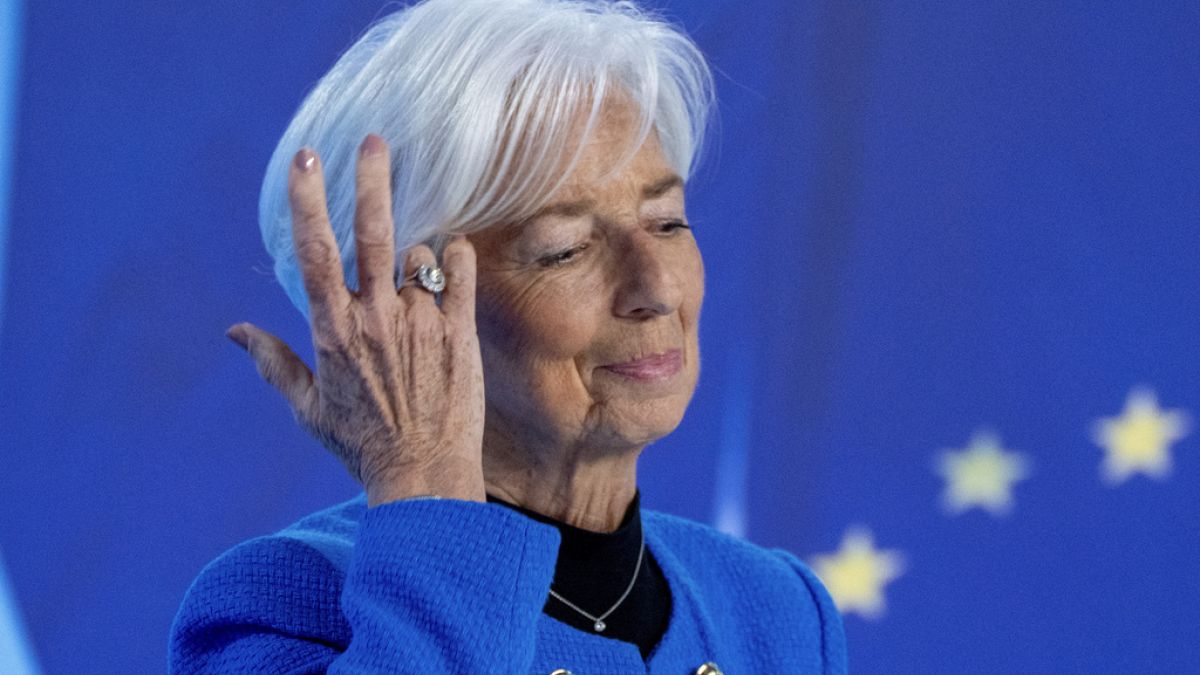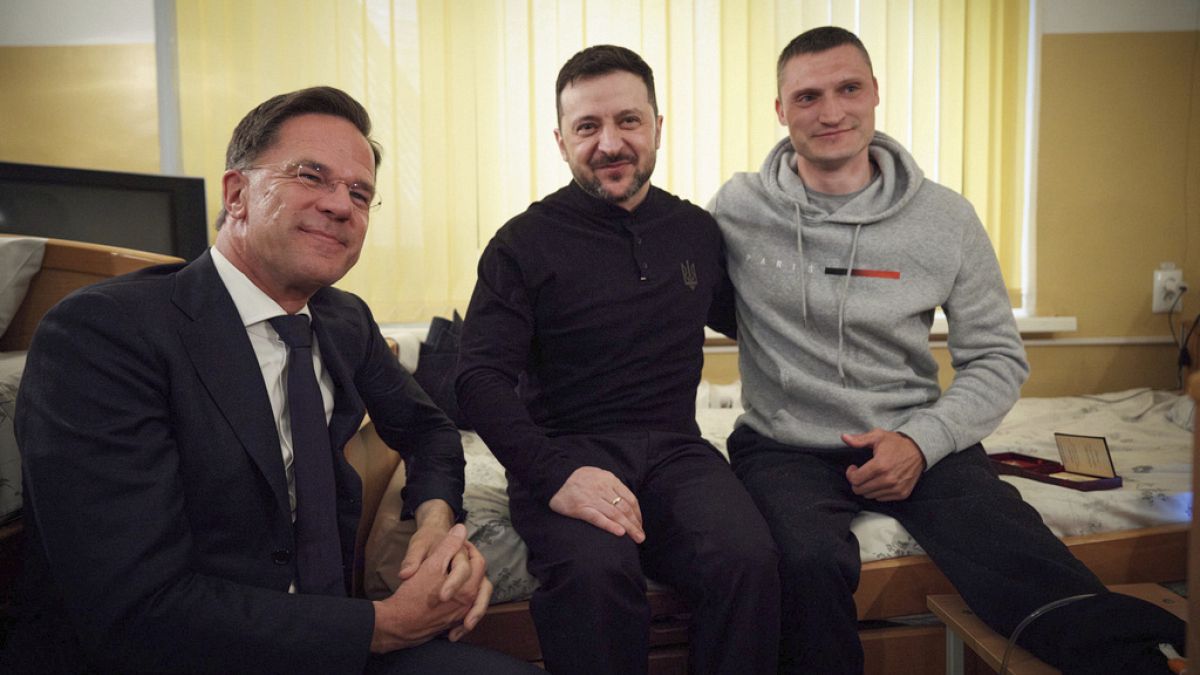Chancellor Olaf Scholz is to visit Polish Prime Minister Donald Tusk in one of his last official engagements as German leader.
The pair are expected to discuss European policy, including security and defence.
The relationship between Scholz and Tusk is frosty. Most leaders, including former US President Joe Biden and Germany's expected next chancellor Friedrich Merz normally stop in Warsaw on the way back from visits to Ukraine.
Scholz however has typically avoided making a stop in Poland — giving way to speculation that their relationship is strained.
German media has reported that Merz is planning a trip to Poland in the days after he is elected chancellor.
A source close to the Polish government confirmed to Euronews that "There is no date set yet" for Merz's visit, but it could be coming in the next couple of days.
The centre-right Christian Democratic Union (CDU) told Euronews "All of Mr Merz's trips will be announced in advance; we will not comment on them until then."
A trip to Poland would mark a shift for Merz away from his predecessor.
Strained relations between Germany and Poland
Germany and Poland have clashed on policies under Scholz such as migration, with Tusk voting against the EU migration pact. Both Berlin and Warsaw disagree on how to support Ukraine.
Another sticking point between governments in Germany and Poland is that the previous Polish government demanded over €1 trillion in reparations for Germany's actions during World War II.
Whilst Scholz did not agree to the high sum, he offered €200 million in compensation for the surviving Nazi victims, which was criticised as "low" at the time.
He did, however promise a memorial.
"The explicit mention of a memorial for Polish victims of German occupation is long overdue - a meaningful step that suggests Berlin may finally be ready to show greater respect and attention to German-Polish relations" Senior Policy Fellow at the European Council on Foreign Relations, Dr Jana Puglierin, said.
"The Weimar Triangle, often overlooked, holds real promise as a catalyst for deeper European cooperation." Germany, France and Poland make up the so-called Weimar Triangle, which was initially established in 1991.
She underlined that the new German coalition agreement announced last week is an "encouraging sign for Europe’s future" with Germany is looking to engage more closely with France and Poland than it has in recent years.
Signal to the US
Senior Associate Fellow at the German Council for Foreign Relations, Heinrich Brauß, told Euronews that Germany, France and Poland could, within NATO and the EU, launch joint initiatives to strengthen the defence of Europe, which could be beneficial as the US turns it attention back towards itself and China.
"Within NATO and the EU, France and Poland could use joint initiatives to strengthen the so-called European Pillar, that is, the targeted strengthening of European military capabilities for the defence of Europe, in order to relieve the pressure on the Americans, who are increasingly turning towards the Indo-Pacific and against China," he said.
"Germany, France, and Poland could promote joint projects within the EU framework that serve to implement NATO's capability objectives, receive EU support, and strengthen the European defense industry."
Whilst such decisions are unlikely to be made before the new German government comes into power, it is a clear sign that European countries are preparing for the US stepping back in its major role.
Polish interpretation of the visit
Whilst Germany may welcome closer ties with Poland, the ultra conservative and nationalist Polish party Law and Justice has been capitalising on the visit to criticise Tusk.
Their presidential candidate, Karol Nawrocki said "the Prime Minister of Poland is kneeling before the German Chancellor."
For the Law and Justice Party, they suspect that Tusk and his government is not loyal to Poland but to Germany, relating to the history that Tusk's grandfather had been in the German Wehrmacht in the WWII, but he had been forcibly conscripted.
Prior to that, he had been a prisoner in a branch of the Stutthof concentration camp for five years.
Despite the frosty tensions between Berlin and Warsaw, Scholz's visit could signal an olive branch for the two allies who are set to face numerous security challenges, from Russia's continued war of aggression against Ukraine to dwindling US interest.

 13 hours ago
4
13 hours ago
4






 We deliver critical software at unparalleled value and speed to help your business thrive
We deliver critical software at unparalleled value and speed to help your business thrive






 English (US) ·
English (US) ·